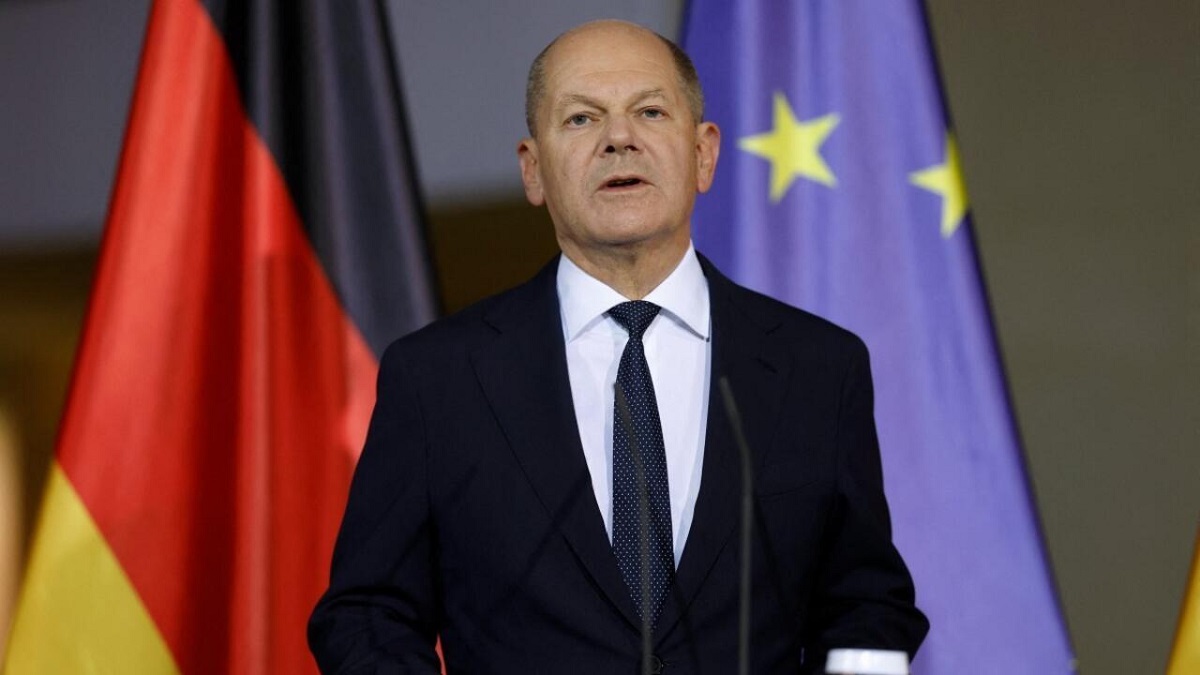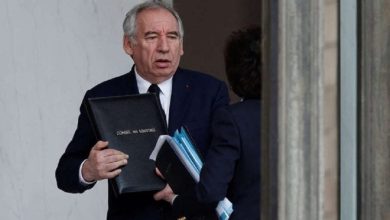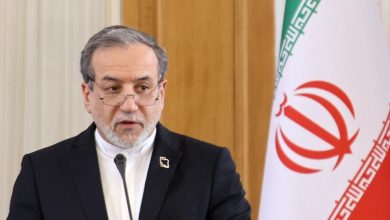The Fall of Olaf Scholz: How Germany’s Chancellor Lost Power in a Political and Economic Downturn
From Economic Crises to Unwavering Support for Israel—The Key Factors Behind Scholz’s Historic Ouster.

Watan-In a resounding downfall, German Chancellor Olaf Scholz was ousted from power in a humiliating manner after dragging his country into severe economic and political crises and dedicating his policies to serving the Zionist entity. This earned him the nickname in European circles as “Israel’s Chancellor in Berlin.”
Scholz lasted only three years in office—enough time to end his political career. His Social Democratic Party lost the trust of voters, and the ruling coalition collapsed, making him the first German chancellor in 50 years not to be re-elected.
Since taking office in 2021, Scholz used all his influence to provide full political and military support to the Zionist entity, making Germany the second-largest arms supplier to Israel after the United States. He was among the first to condemn Operation Al-Aqsa Flood, describing Palestinian resistance as “terrorism,” while turning a blind eye to the daily massacres committed by the occupation against civilians in Gaza.
Olaf Scholz’s Inevitable Downfall: A Political and Economic Catastrophe
Scholz’s downfall was not surprising but rather a natural consequence of his disastrous policies, which plunged the German economy into its worst crisis since World War II. Inflation soared, unemployment rose, and investor confidence declined. He became a political burden, forcing his party to sacrifice him, making him the first German chancellor to be removed from office before completing his term.
Scholz failed to manage the ruling coalition and faced a historic no-confidence vote in the German parliament, where 526 MPs voted against him, while only 207 supported his stay. His downfall came after the Free Democratic Party withdrew from the government, stripping Scholz of his parliamentary majority and pushing Germany toward early elections.
His unwavering support for Israel did not save him, nor did his blatant bias toward the entity. Instead, it fueled public anger against him, especially as German protests against their country’s involvement in supporting the occupation increased. Rather than being remembered as an influential leader, Scholz exited through the back door, leaving behind a country mired in crises and a political party in its worst state in over a century.
But the most important question remains: Will European leaders learn the lesson, or will blind allegiance to the entity bring down more politicians?






